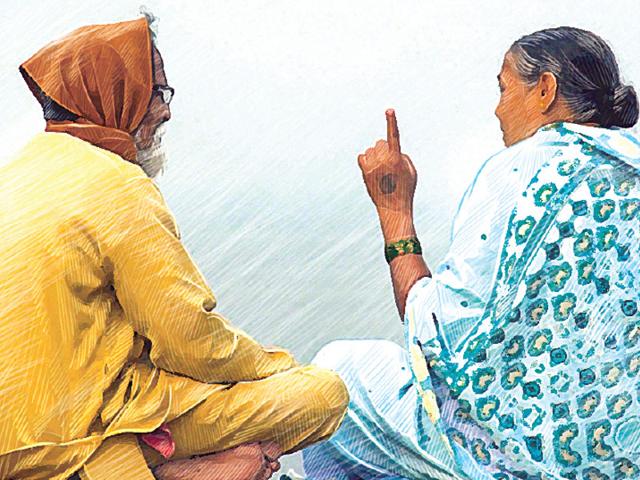In India, the
elderly are traditionally respected and cared for by their children. However,
in recent years, there has been an increase in cases of neglect and abuse of
senior citizens. This is due to several factors, including the breakdown of
the joint family system, the increasing urbanization of the population, and the
rising cost of living.
In response
to this, the Indian government passed the Maintenance and Welfare of Parents
and Senior Citizens Act, 2007. This Act provides for the maintenance and
welfare of senior citizens, and it also defines the obligations of children and
relatives to maintain their senior citizens. The Act applies to all citizens of
India, whether they are living in India or outside of India.
Who is a
senior citizen?
The MWPS Act
defines a senior citizen as a person who has attained the age of 60 years or
above. The Act also defines a parent as a father or mother of a person.
Who are children
and relatives under the Act?
The Act
defines "children" to include sons, daughters, grandsons,
granddaughters, and any other person who is wholly or partly dependent on the
senior citizen. It also defines "relatives" to include parents,
siblings, grandparents, and any other person who is related to the senior
citizen by blood, marriage, or adoption.
What are the
obligations of children and relatives?
The Act
states that children and relatives of a senior citizen have an obligation to
maintain the senior citizen. The amount of maintenance that is payable will
depend on the needs of the senior citizen and the financial means of the
children or relatives.
How is maintenance decided under this Act?
The Act
provides that the maintenance of senior citizens should be sufficient to meet
their basic needs, including food, clothing, shelter, medical care, and
recreation. The amount of maintenance will be determined by the Maintenance
Tribunal, taking into account the following factors:
How to apply
for maintenance under the Act?
A senior
citizen who is not being maintained by their children or relatives can apply to
the Maintenance Tribunal for maintenance. The application can be made by the
senior citizen themselves, or by any other person on their behalf.
The
application must be accompanied by the following documents:
The
Maintenance Tribunal will then hold a hearing to determine whether the senior
citizen is entitled to maintenance. If the Tribunal finds that the senior
citizen is entitled to maintenance, it will order the children or relatives to
pay the maintenance.
What are the important provisions of the Act?
Here are some
of the key provisions of the MWPS Act:
Where can
senior citizens reach in order to file the complaint?
State Commission for Senior Citizens: Each state in India has a State Commission for Senior Citizens. These commissions are responsible for protecting the rights of senior citizens in their respective states. The contact details of the State Commission for Senior Citizens in Maharashtra can be found here: https://sjsa.maharashtra.gov.
Non-Governmental Organizations (NGOs): There are many NGOs in India that work to help senior citizens. These NGOs can provide a variety of services, such as legal aid, financial assistance, and emotional support. Some of the NGOs that work with senior citizens in Maharashtra include:
1) HelpAge India: HelpAge India is a national NGO that works to improve the lives of older people. The organization can be contacted at 022-22072207.
2) Akhil Bhartiya Sahariya Kalyan Sanstha: This NGO works to improve the lives of senior citizens in the Sahariya community in Maharashtra. The organization can be contacted at 02562-222562.

Comments
Post a Comment